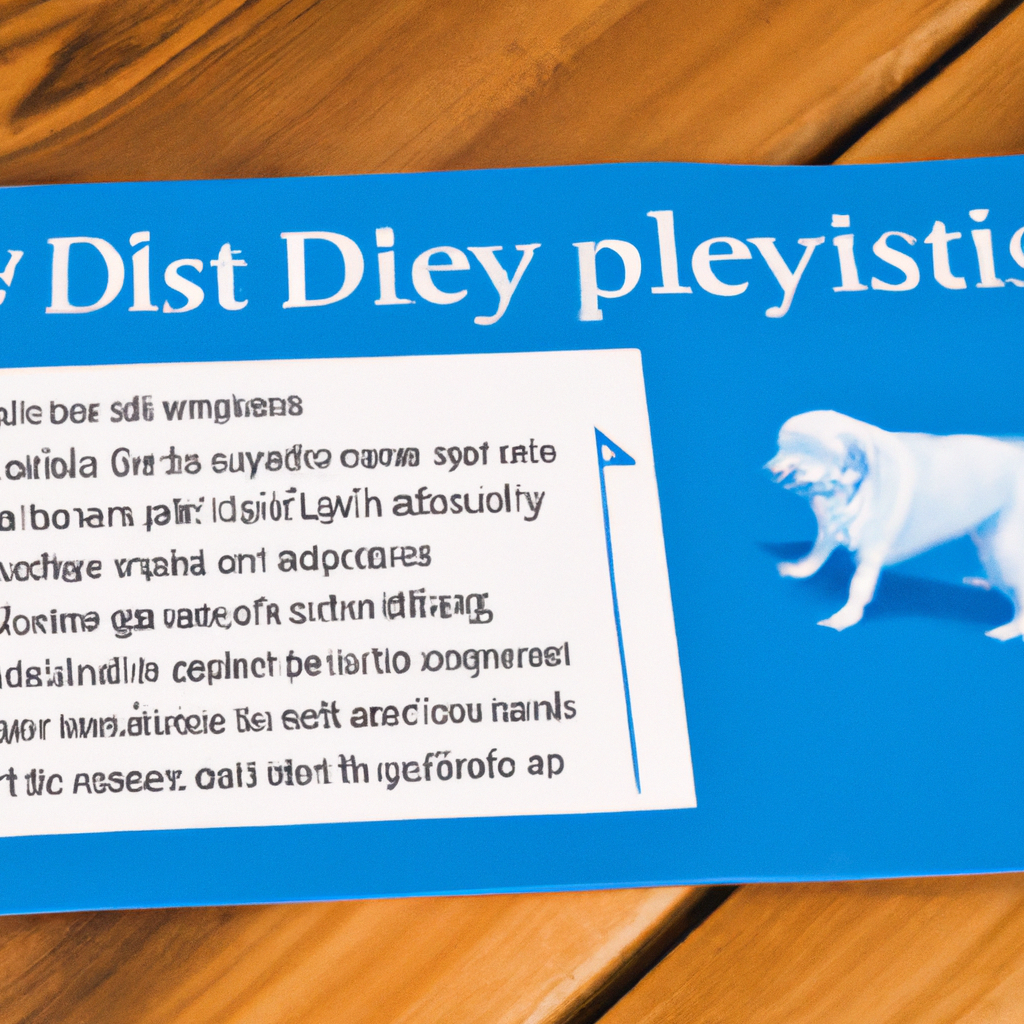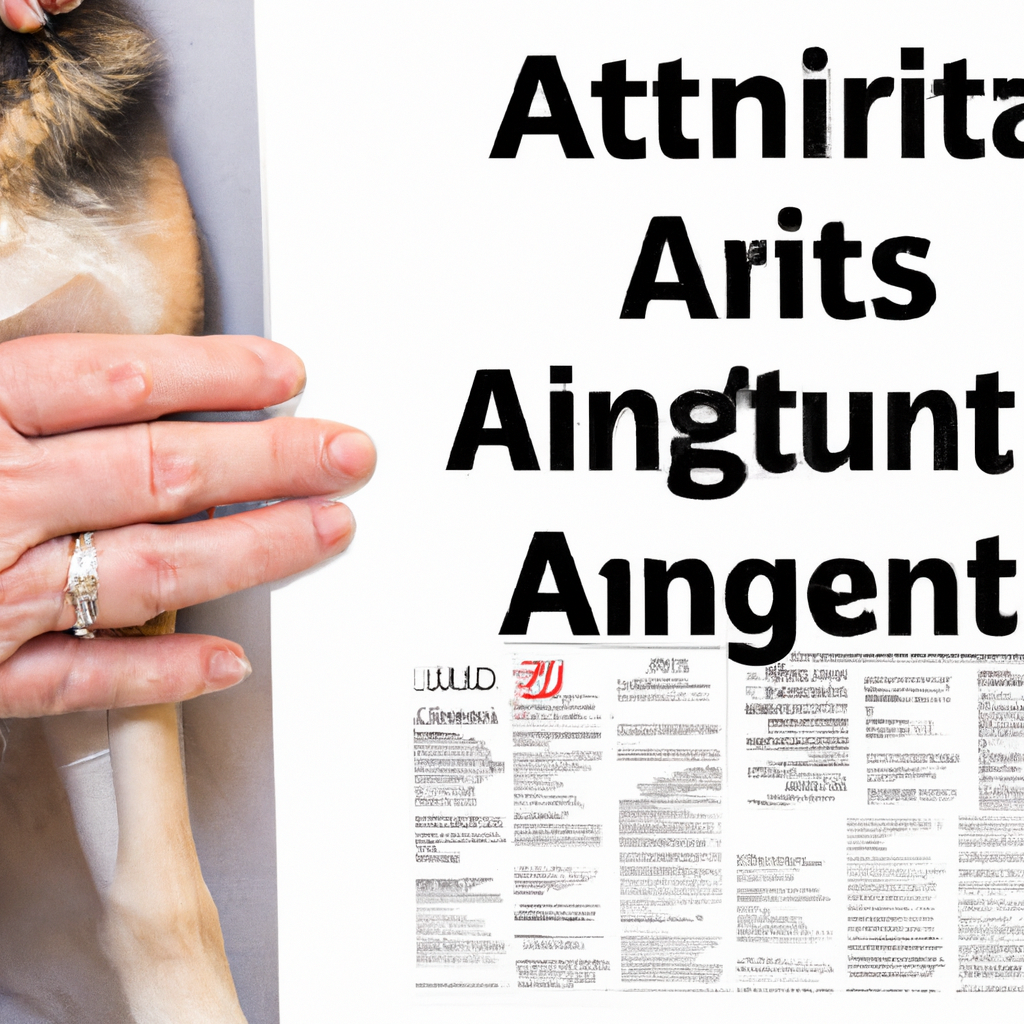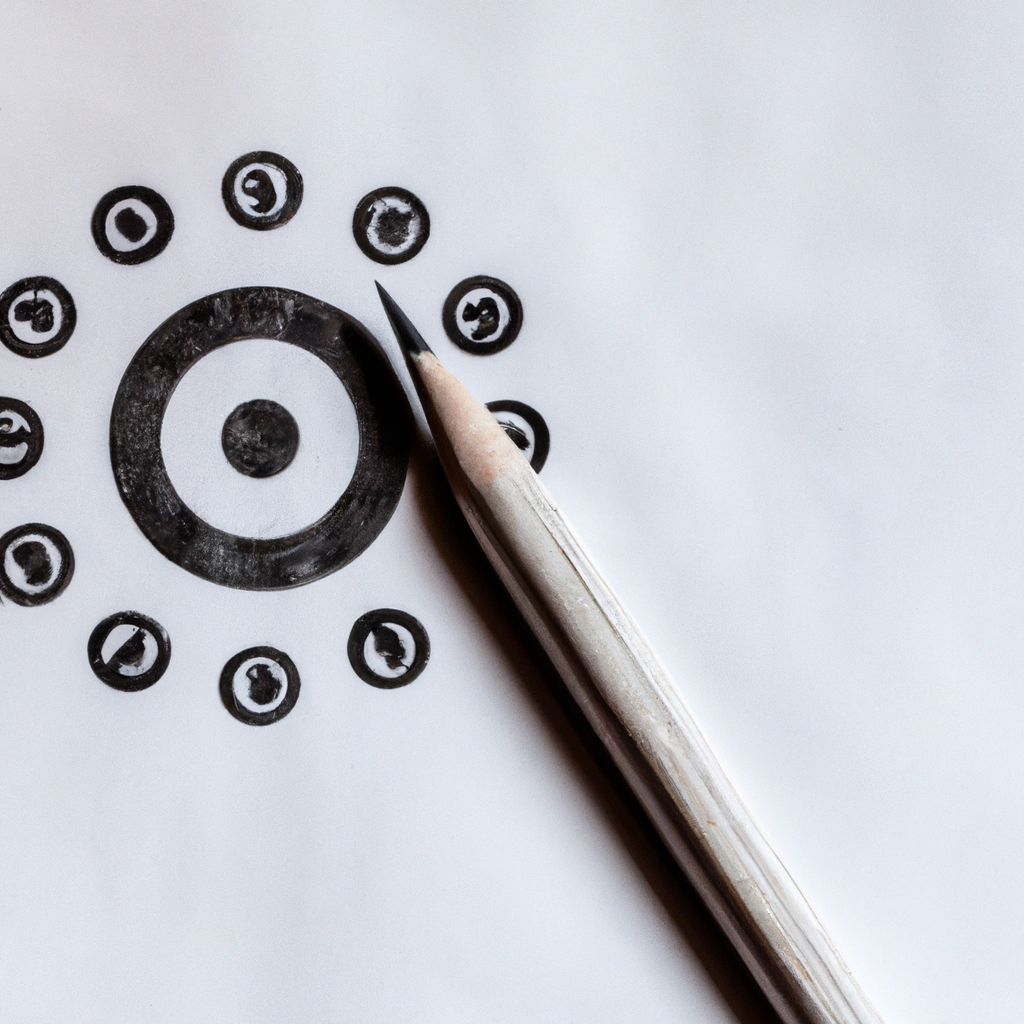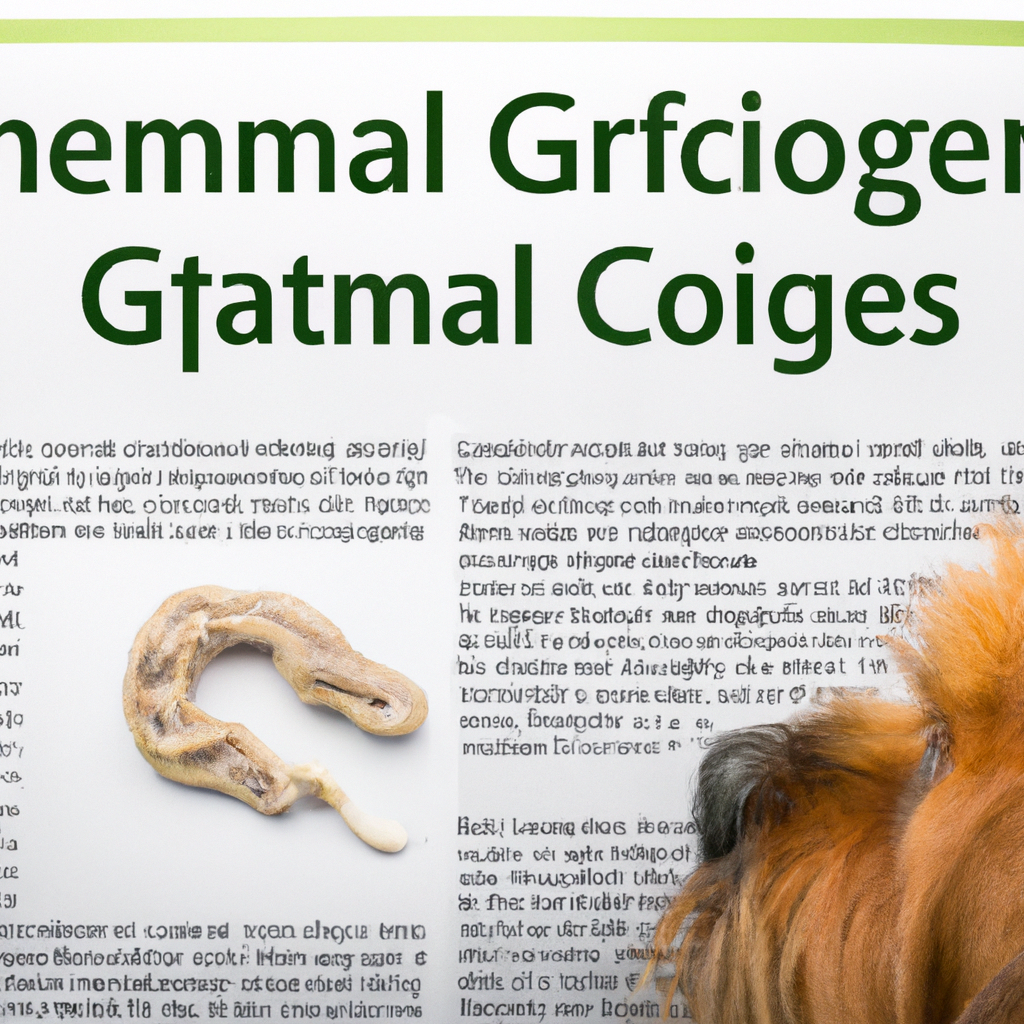Understanding and Managing Noise Sensitivities in Dogs
Understanding and Managing Noise Sensitivities in Dogs Introduction Noise sensitivities in dogs can be a challenging condition that affects
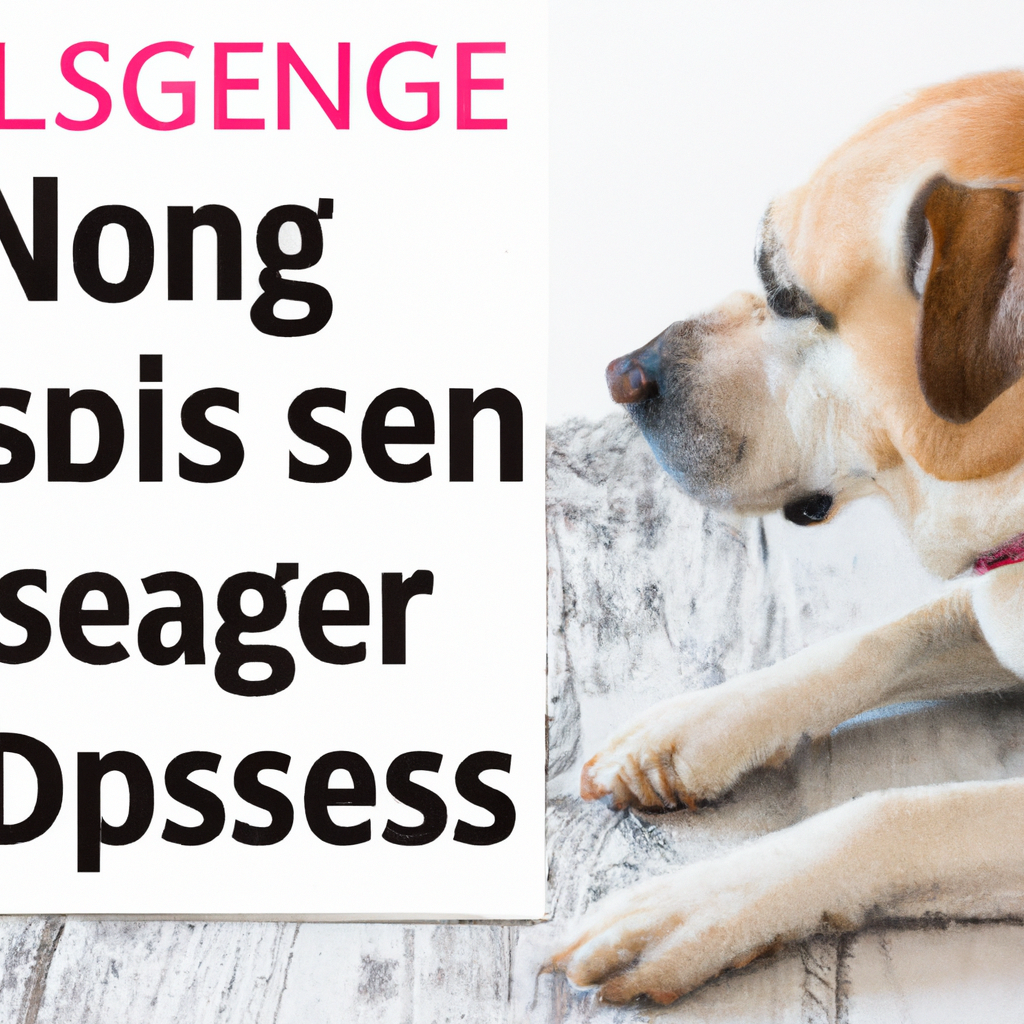
Understanding and Managing Noise Sensitivities in Dogs

Introduction
Noise sensitivities in dogs can be a challenging condition that affects many pet owners. Dogs with noise sensitivities experience extreme fear or anxiety in response to loud or sudden noises, such as fireworks, thunderstorms, or even the sound of a vacuum cleaner. In this article, we will explore the causes of noise sensitivities in dogs and discuss effective strategies to manage and alleviate their distress.
Causes of Noise Sensitivities
Noise sensitivities can develop in dogs due to a variety of reasons:
- Genetic predisposition: Some dog breeds are more prone to noise sensitivities than others. Breeds such as Border Collies, German Shepherds, and Greyhounds tend to be more noise-sensitive.
- Traumatic experience: A previous traumatic experience involving loud noises, such as abuse or neglect, can lead to noise sensitivities.
- Lack of socialization: Dogs that haven’t been exposed to different sounds and environments during their critical socialization period may develop noise sensitivities later in life.
Managing Noise Sensitivities
Here are some effective strategies to help manage and alleviate noise sensitivities in dogs:
1. Create a Safe Space
Designate a quiet, comfortable area in your home where your dog can retreat to during noisy situations. Use blankets, toys, and familiar scents to make their safe space appealing and calming. Allow them to access this space freely when they feel anxious.
2. Counter-Conditioning and Desensitization
Gradually expose your dog to the sounds that trigger their anxiety, starting with very low levels and increasing the volume over time. Pair the sounds with positive experiences such as treats or playtime to create a positive association and reduce their fear response.
3. Provide Distractions
During noisy situations, redirect your dog’s attention towards enjoyable activities. Engage them in interactive play or offer puzzle toys to keep their focus away from the triggering sounds.
4. Seek Professional Help
If your dog’s noise sensitivities are severely affecting their quality of life, consider consulting a professional dog trainer or a veterinary behaviorist. They can provide expert guidance, recommend behavior modification techniques, or prescribe anti-anxiety medication if necessary.

Conclusion
Understanding and managing noise sensitivities in dogs require patience and commitment. By creating a safe space, utilizing counter-conditioning techniques, providing distractions, and seeking professional help when needed, you can help your furry friend overcome their fears and lead a happier, more relaxed life.
Remember, every dog is unique, so it’s important to tailor your approach to their specific needs. With your love and support, your noise-sensitive dog can learn to cope with and overcome their triggers, allowing them to enjoy a more peaceful existence.


